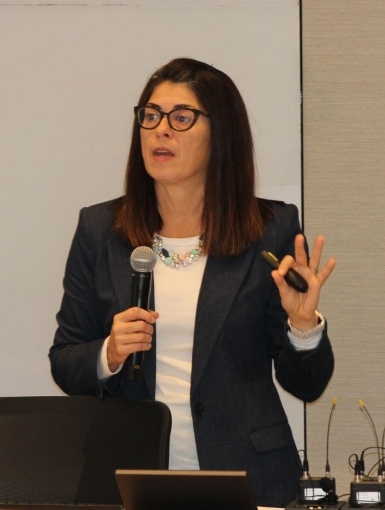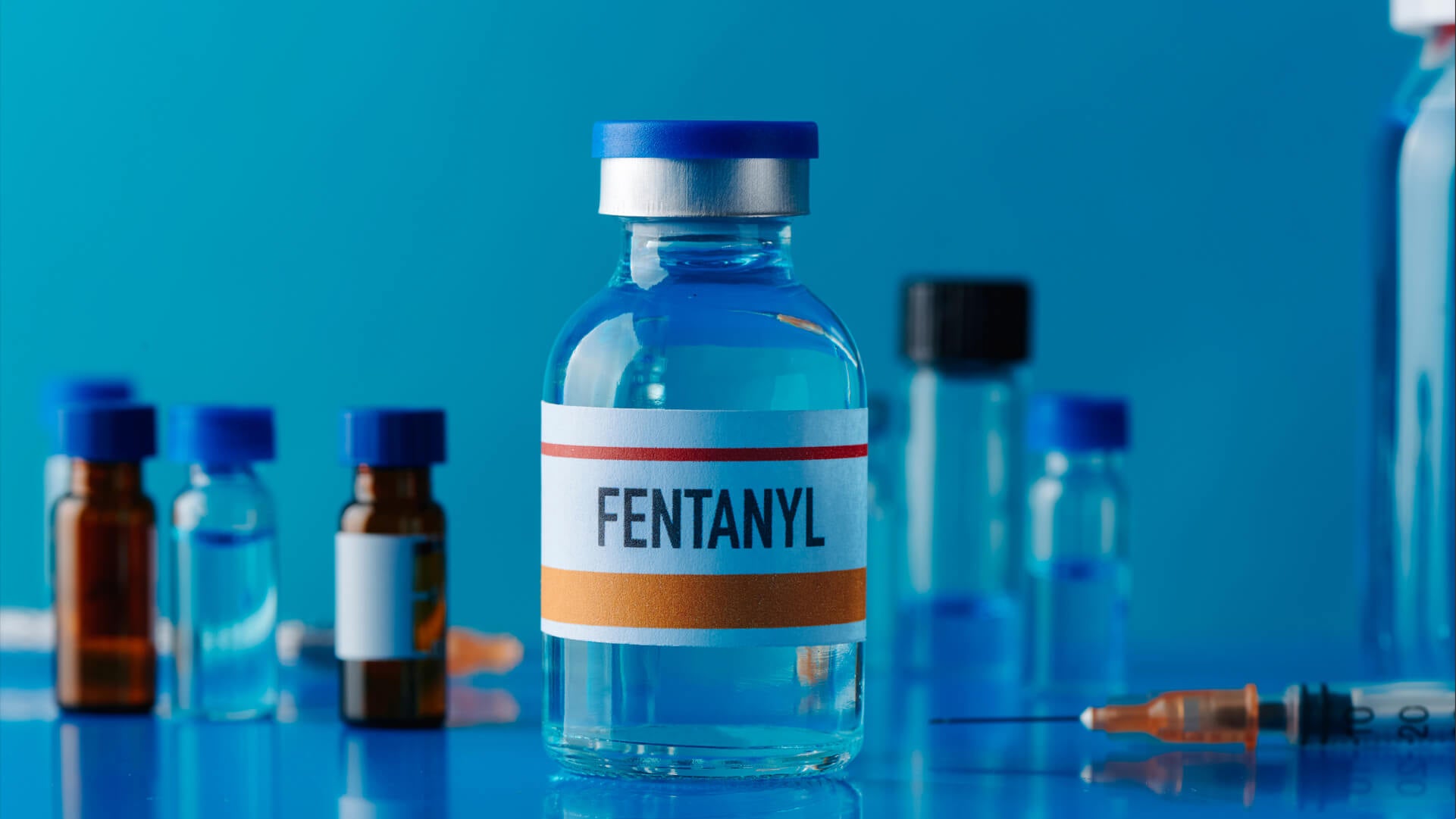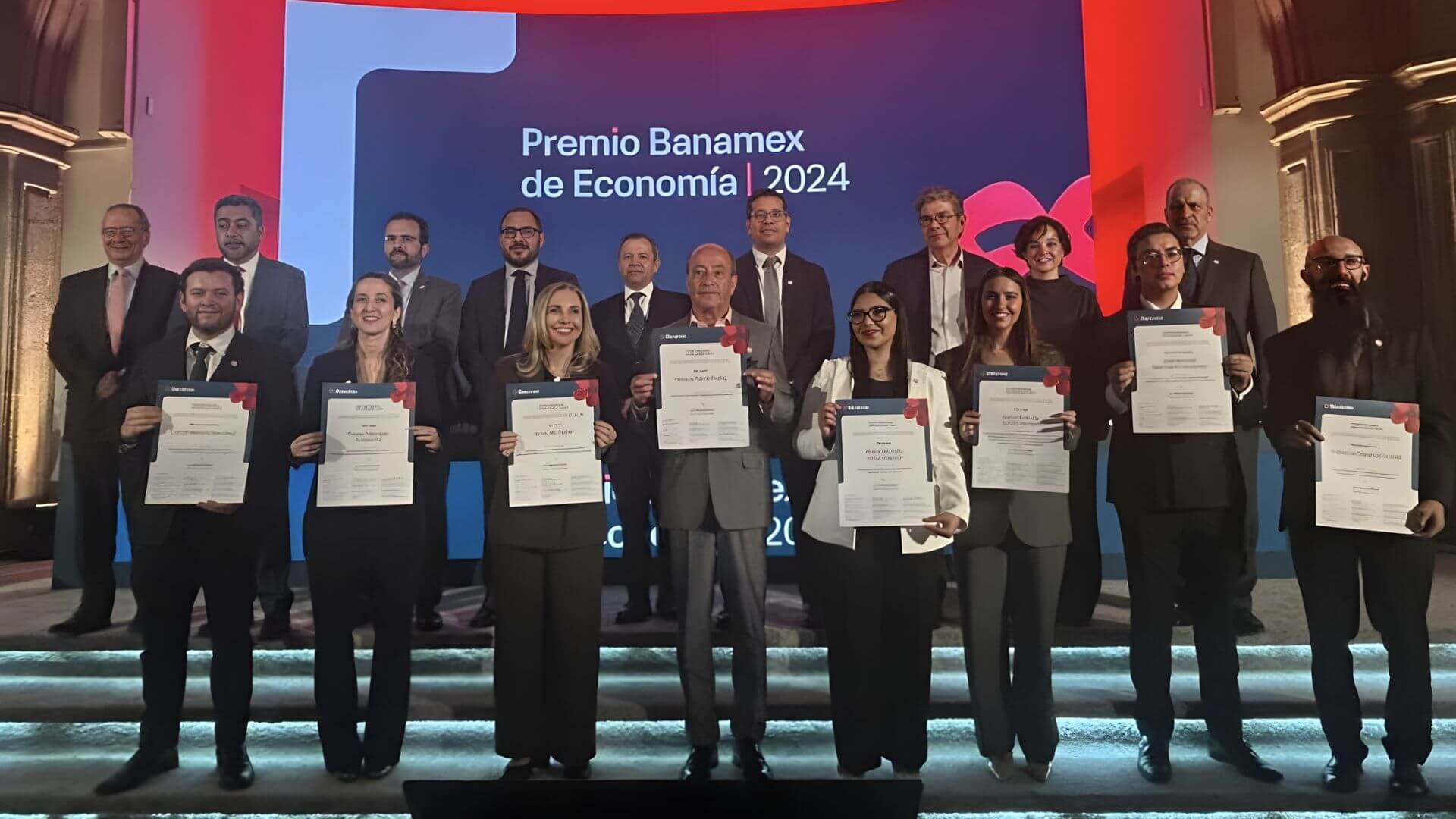
The second annual Karabelle Pizzigati Lecture on Children's Advocacy featured Dr. Laura Herrera Scott, Secretary of Health for the Maryland Health Department. The event was part of the Karabelle Pizzigati Initiative in Advocacy for Children, Youth and Families, a collaboration between the School of Public Policy and the School of Public Health. The Initiative, established in honor of the late Karabelle Pizzigati, builds a pipeline of informed, effective advocates to ensure all children are healthy, safe, learning and joyful.
Public Policy Dean Robert C. Orr opened the event by highlighting the significance of the Initiative and the collaboration between the “two publics” in serving the public good. Associate Clinical Professor and Karabelle Pizzigati Fellows Initiative Program Director Brandi Slaughter followed, emphasizing the importance of children’s advocacy.
“There isn’t a more important, more impactful thing to be doing than to support the generation of children’s advocates,” asserted Slaughter. “Through our classes and experience, we are building confidence - confidence that equips our students during the unknowns of the public policy process.”
Current Karabelle Pizzigati Fellow Megan Condon shared, “This experience is one of a lifetime. It will give you tools, it will give you confidence, it will give you the power to be able to bring kids' issues to the forefront of decision makers' minds.”
Public Health Dean Boris L. Lushniak celebrated Pizzigati’s legacy and the importance of child advocacy while introducing Secretary Scott.
Secretary Scott provided a comprehensive overview of Maryland's ongoing initiatives to address the challenges of children and youth behavioral health. She noted, “In behavioral health, it’s all over the place and there’s multiple points of entry, multiple points of exit, which makes coordinating care and navigating the system incredibly complex.” Of Maryland’s 6.2 million residents, she shared that children and young adults from birth to age 25 make up one-third of Maryland's population – 1.9 million people.
While reviewing and mapping out data across the state of Maryland from 2019-2021, including Medicaid and grant funding, Secretary Scott aimed to analyze expenditure, service locations and the demographics of the service recipients. Their goal was to identify service gaps and assess capacity, especially in rural areas. “Rural Maryland didn’t fare as well,” she observed, “but who fared the worst were the kids.” This prompted the state to prioritize a behavioral health strategy whose primary focus is children and their families.
Underscoring the importance of promoting mental, emotional and behavioral well-being, Secretary Scott shared that Maryland is actively involved in public awareness campaigns, ACE (Adverse Childhood Experiences) training and workgroup collaborations aimed at early intervention and trauma prevention.
Stressing the need to address childhood poverty, Secretary Scott emphasized that it is both a root cause and consequence of unmet behavioral health needs. Advocacy plays a central role in understanding these issues and developing practical solutions, especially considering that children and youth may not always have the capacity to advocate for themselves effectively.
Concluding with a call to action, Secretary Scott's message was clear – policymakers, healthcare providers and the community must take meaningful steps to improve and ensure the well-being of Maryland’s children and youth in the years to come. She urged inter-agency coordination, community collaborations, optimized funding for school-based behavioral health services and the development of trauma-informed care systems. There was also an emphasis on recognizing and addressing the disparities in access to key services across the state.
The event concluded with the presentation of the Karabelle Pizzigati Spirit Award to Shamoyia Gardiner, the executive director of Strong Schools Maryland, in recognition of her support of the initiative and fellows.




